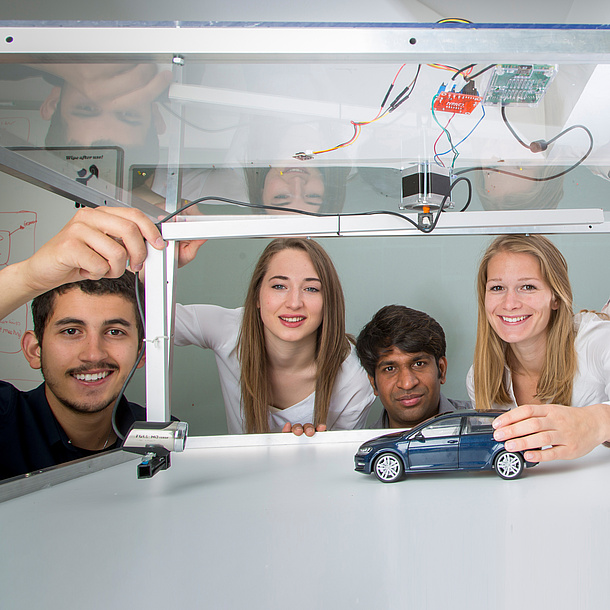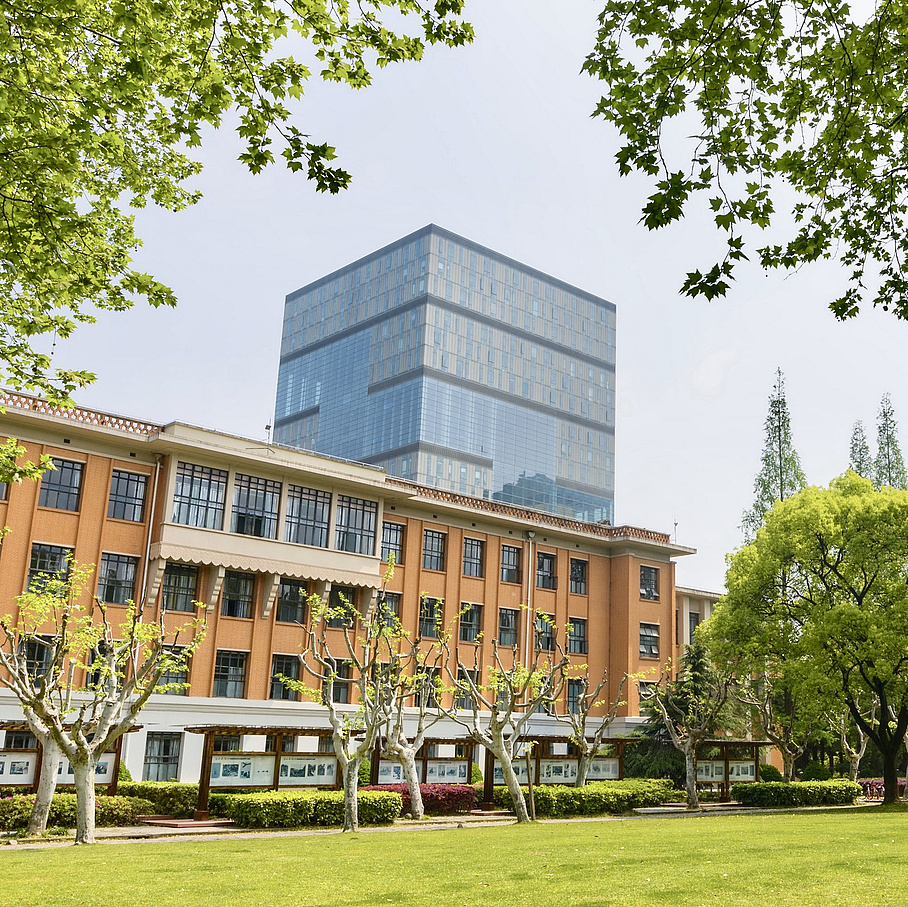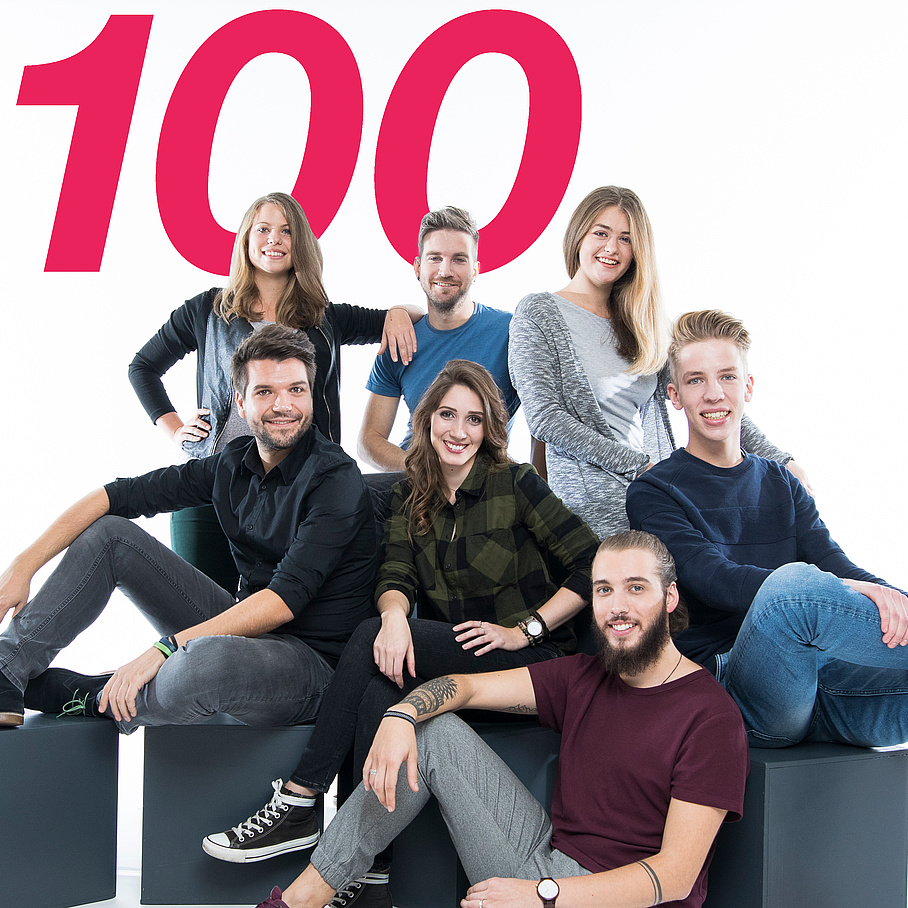Quick Facts
- Duration of study: 4 semesters
- ECTS credit points: 120
- Academic degree: "Diplom-Ingenieurin" or "Diplom-Ingenieur" ("Dipl.-Ing." or "DI"), equivalent to the Master of Science (MSc)
- Language of instruction: German
The Master's Programme
Technology and economics are combined in a successful alliance in the Master's degree programme in Mechanical Engineering and Business Economics. The programme offers a broad basic education with areas of specialization in the fields of both technology and economics. The technical topics range from production technology to engine, vehicle and energy technology and even extend to mechatronics and numerical simulation. The economic topics provide a solid basis in corporate management and business model design, enabling you to work effectively with holistic management systems in technology.
Your qualifications:
- You will deepen your knowledge in mechanical engineering and business economics and learn how to apply this knowledge in an interdisciplinary way.
- You will combine technical skills with business expertise and social skills.
- You will acquire knowledge in the areas of product development and planning, procurement, generation and production, as well as learn how to sell and market technological services.
- You will apply modern mechanical engineering theories, principles and methods.
- You will use critical thinking skills to analyse problems in the field of techno-economics.
- You will independently carry out research and application-oriented projects.
- You will write scientific reports.
- You will present work results effectively, using state-of-the-art presentation techniques.
- You will improve your social competence: Teamwork, team leadership and learning negotiation strategies are just a few examples.
When conducting your master's thesis work in the 4th semester, you will address an application-oriented problem. The international orientation of the programme is emphasized by the fact that numerous courses are taught in English.
Focus Areas
The subjects in the compulsory specialization areas in economics include: corporate management and organization, industrial management, innovation management, technology management and industrial marketing.
You will hone your business skills in elective modules that cover the entire spectrum of topics in applied economics, ranging from legal aspects to business modelling and controlling and on to production planning and business start-ups.
To support your technical education, you can choose an in-depth module from among the following disciplines of mechanical engineering: production engineering, energy technology, computational engineering, product development of mechatronic systems, engine and drive technology, automotive engineering and safety.
Elective modules are also offered in the same subjects.

Studying Mechanical Engineering and Business Economics was far more than a simple education in the subject. Today, I benefit the most from the problem-solving skills that I had to learn in order to be able to graduate from the degree programme. Because the programme allowed me access to the university institutes, I was able to participate in R&D projects and take part in teaching as a student assistant during my studies.
These positive experiences motivated me to pursue my current profession as a university assistant. Working with students and participating in university research offers me the extensive chances for personal development, which, in turn, makes the profession so interesting.
Collaborations and Networks
The Schumpeter Laboratory for Innovation offers students, start-ups, SMEs and large companies with a unique environment and sphere of activity in the form of a rapid prototyping workshop.
The Schumpeter Lab's "Design Lab" is accessible to students and companies, providing a location for workshops and networking events.
The LEAD Factory offers a real-world research and teaching environment, addressing topics such as lean management, energy efficiency, agility in production and digitalization.
And TU Graz's "Gründungsgarage" Start-up Garage gives innovative students the opportunity to turn their ideas into their own business.
High-quality room infrastructure, such as that in the Case Study Room modelled on the Harvard Business School, offers students a unique teaching and learning environment where application-oriented management workshops, team-building events, training and education, meetings, or video conferences can be held with international research and industrial partners.
Admission
1. Admission Procedure
Graduates of the following bachelor's degree programmes are admitted without having to fulfil any further requirements:
- Mechanical Engineering and Business Economics, TU Graz
- Mechanical Engineering, TU Graz
- Mechanical Engineering - Management, TU Vienna
- Mechanical Engineering, TU Vienna
Graduates of other bachelor's degree programmes can obtain information and apply for admission by contacting study@tugraz.at.
2. Admission
- Admission and deadlines for Austrian students who are beginning their studies at TU Graz for the first time
- Admission and deadlines for international students
- If you are or were already admitted to a degree programme at TU Graz, please come to the TU Graz Registrar’s Office in person during the admission period or contact study@tugraz.at.
Fragen zur Zulassung?
Contact study@tugraz.at
Double Degree Programme
Within the framework of the Master’s degree programme, you can complete a Double Degree Programme with the Tongji University (Shanghai). You will study up to three semesters at Tongji University and receive a degree from both universities.
Study at two Universities
At the TU Graz you have to complete the following study achievements:
- Compulsory subject courses: 15 ECTS
- One of the five specialisation subjects related to the subject area: 25 ECTS from the compulsory subject and 10 ECTS from the elective subject
- Courses chosen from the compulsory and elective subject catalogs: 10 ECTS that are credited to the elective subject
At the Tongji University you have to complete the following programme achievements:
- Compulsory subject courses: 6 Tongji Credits (TC)
- Elective subject courses (specialisation subjects): 10 TC
- Practical courses: 6 TC
The Master's thesis is written in consultation with both universities and is supervised by professors from Graz University of Technology and the Tongji University.
Further information can be found in the Curriculum §13 (2) Double Degree Programme.
Students can find further information on the application process in the intranet TU4U.
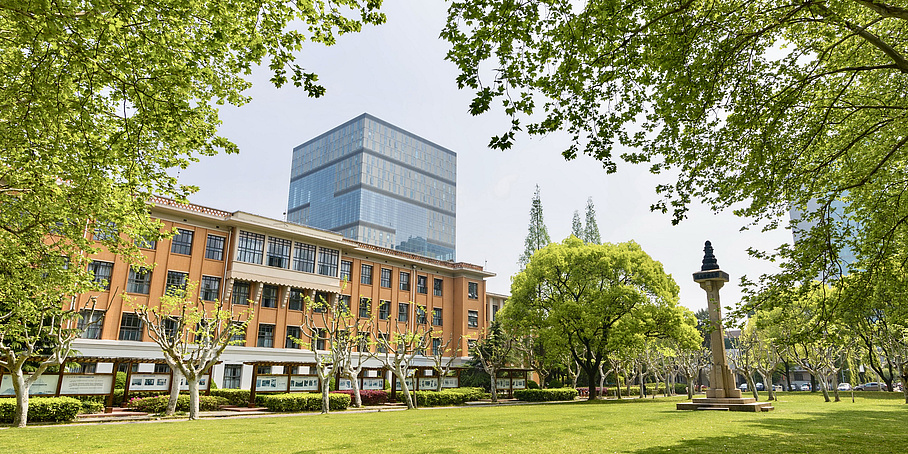

The double degree programme gave me the opportunity to dive into a completely different culture and gain a lot of experience. I already profited a lot from this, both in my private life and in my professional life. It improved my chances in job interviews and made it much easier for me to work with people from other cultures. The time in Shanghai was unforgettable and I really look back on it with pleasure.
Consultation on the Double Degree Programme
On courses and content
Mario HIRZ
Assoc.Prof. Dipl.-Ing. Dr.techn.
Institute of Automotive Engineering
mario.hirz@tugraz.at
On the mobility scholarship
Lena NEUREITER
BA MA
International Office – Welcome Center
lena.neureiter@tugraz.at
Career Prospects
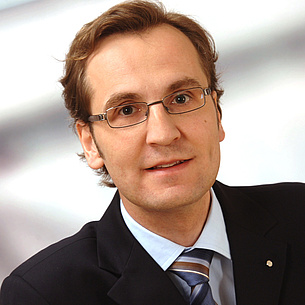
Graduates of the master's degree programme in Mechanical Engineering and Business Economics are ideal candidates to manage the ongoing global economic change in companies, which is forced by social and technological developments. As very well educated and highly motivated people with a deep technical understanding, sound economic knowledge and holistic problem comprehension as well as problem-solving skills, graduates of this techno-economic master’s degree programme are more in demand than ever in all technology industries worldwide.
Professional Fields
Students of mechanical engineering often already work with companies that partner with TU Graz during their studies. This usually happens, for example, as part of the master's thesis work, whereby students have the chance to take part in cooperation projects with high-tech companies in the fields of mechanical and plant engineering or the automotive industry. This advantage gives you a special jump start that enables you to successfully begin your career.
As a construction manager with mechanical engineering expertise, you will be in professional demand in many industries, ranging from manufacturing and R&D-driven companies and even to banks and insurance companies.
You will work in supporting and managerial positions including:
- in corporate management and corporate development,
- in controlling and corporate planning,
- in research & (product) development,
- in innovation management,
- in production and project management,
- in technical purchasing and supply management,
- in technology marketing and quality management,
- in human resource management and personnel development,
- in information management, or
- in business consulting.
